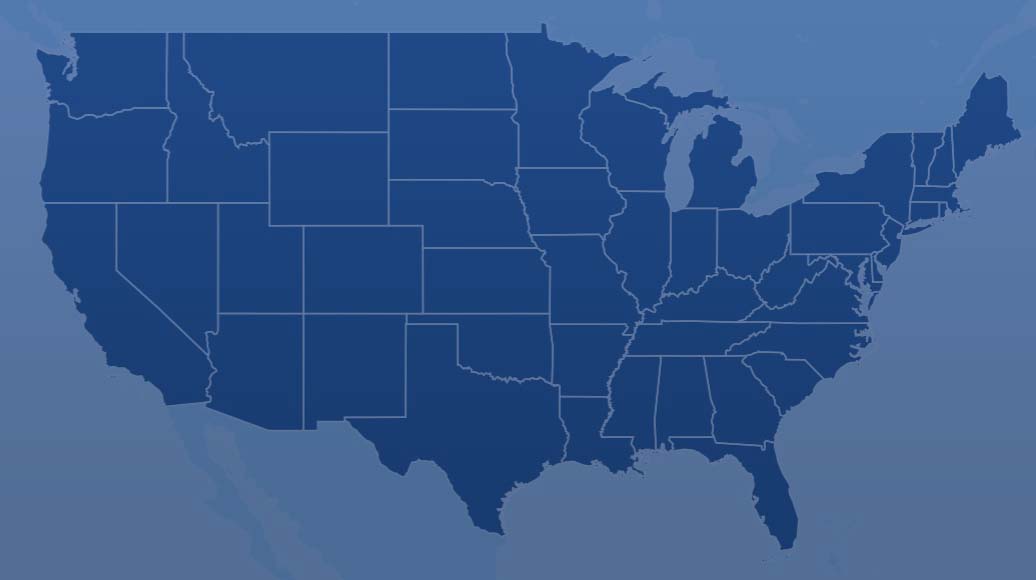- EN
- ES

An official website of the Biotechnology Innovation Organization
The answer is to meet the needs of every family and community. All individuals – regardless of age, gender, ethnicity, or health status – should have a safe and effective vaccine available to them.
Researchers want to make sure any future vaccine not only works, but also works the same for all populations. This means learning whether a vaccine is effective in protecting all people against the disease and whether a specific population experienced side effects because of the vaccine.
And this is more than ethnic or racial diversity. It is also very important to have representation for individuals across different age groups and individuals with underlying health conditions who may be at greater risk of suffering a severe illness from Covid-19, such as those with diabetes, asthma, or hypertension.
The American people need to see themselves in the data so that each person can make a well-informed decision about taking the vaccine. Ultimately, promoting diversity in clinical trials is about making sure we protect all individuals from this deadly pandemic. America is diverse, and therefore the data must reflect that diversity.
Increasing diversity
Biopharmaceutical research companies – in close cooperation with experts at the National Institutes of Health and the U.S. Food and Drug Administration – have been working to boost equity within health care, which includes increasing diversity in clinical trials for the development of vaccines for Covid-19. The pandemic has exposed health inequities that have existed in our society for far too long. To help address these challenges, we have seen researchers:
- Expand the size of clinical trials to allow for the enrollment of new populations
- Extend the time needed to enroll people in clinical trials to make sure minority populations are represented
- Increase transparency and educate communities on the importance of diversity in clinical trials
- Build relationships with community leaders to educate communities about the importance of being in clinical trials

These steps are vital to help build greater trust within vulnerable communities, including within communities of color. While there remains room for improvement, scientists and researchers are taking active steps in the right direction.
The bottom line
There is no “one-size-fits-all” description of American communities. The nation is full of individuals of different colors and varying health states and backgrounds. Diversity in clinical trials helps ensure we have the solutions we need to slow the spread of this pandemic for every neighborhood, family, and individual.


